
Time to sip your way slim!
White tea: breaks down fat cells
 |
This weight-loss tea may be mild tasting, but
it sure doesn’t act that way when it comes to your fat. In a study
published in the journal Nutrition & Metabolism in 2009,
white tea extract was found to help break down fat cells and prevent
accumulation of fatty tissue. The reason? Scientists say it’s the high
antioxidant content of the tea, particularly one called ECGC. (Here's
what else you should know about using white tea as a weight-loss tea.)
Green tea: caffeine revs weight loss
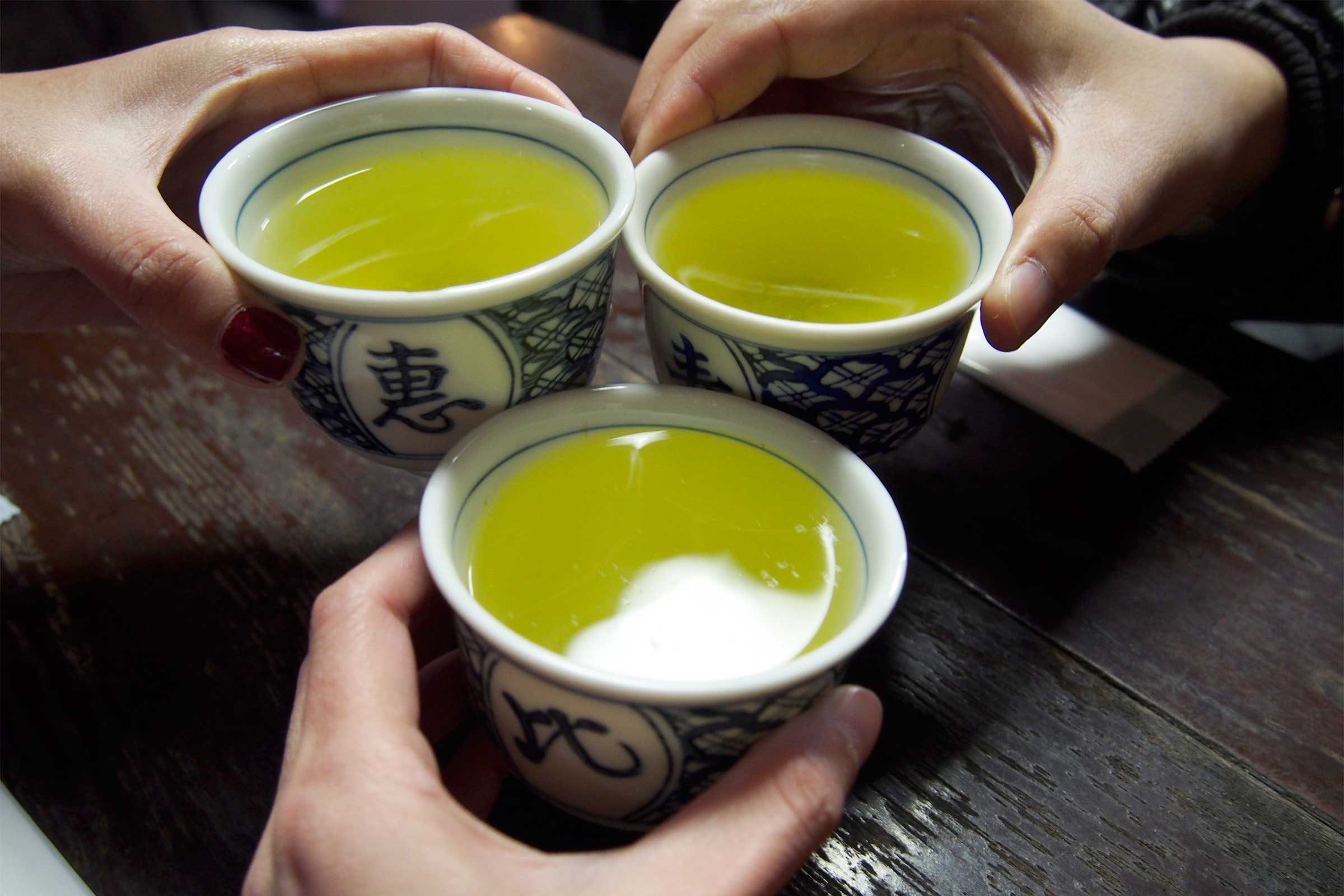 |
Another weight-loss tea bursting with ECGC?
Green tea. The combo of caffeine and ECGC found in the tea has been
found to help you lose weight and keep it off, per a meta-analysis on 11
studies in the International Journal of Obesity. It does have
less caffeine than black tea, making it easier to sip any time of day
without having an effect on your sleep later that night. (Check out
these other astounding benefits of green tea.)
[post_ads_2]
Yerba mate tea: may help lower blood sugar
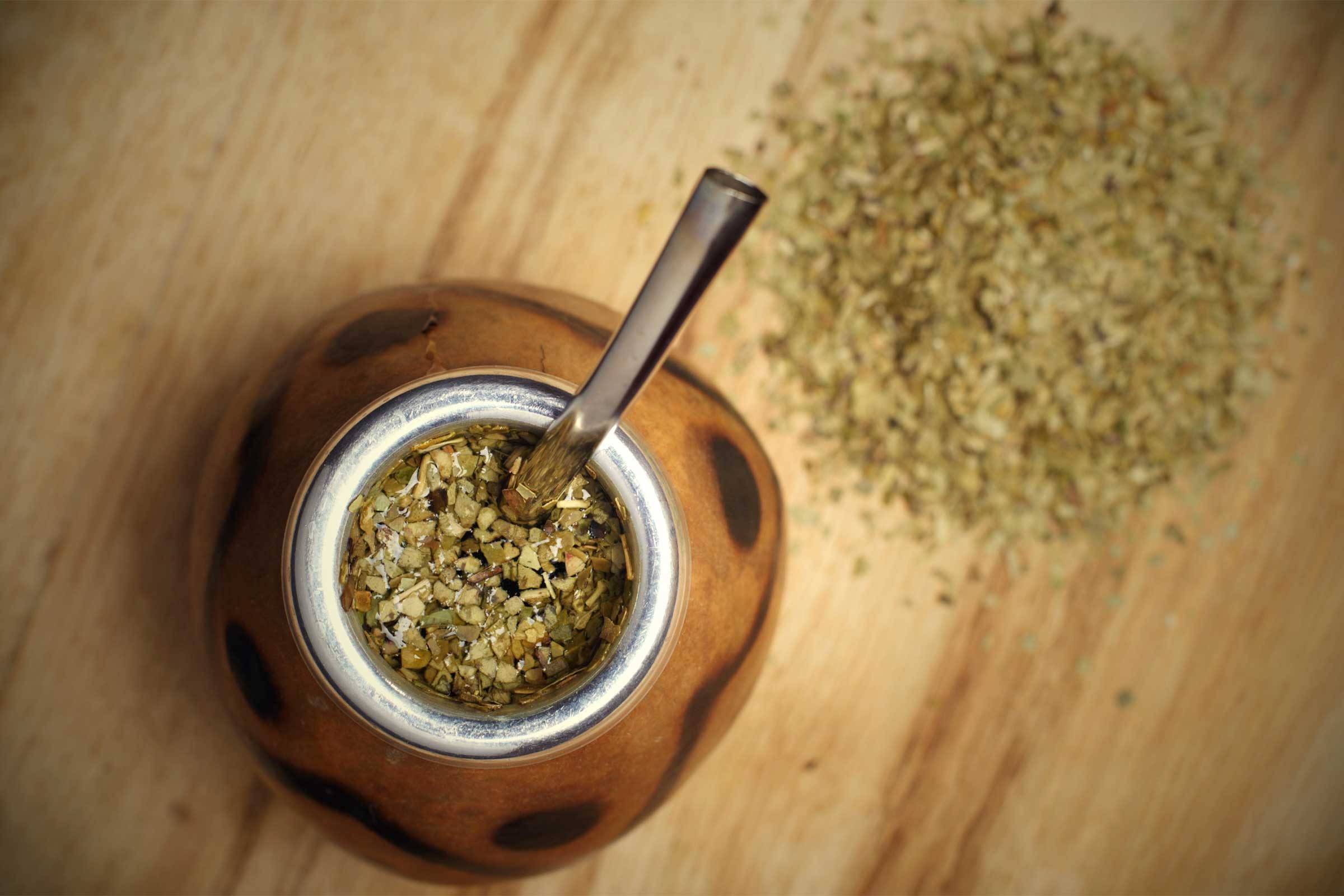 |
Born from leaves and twigs of the yerba mate
plant, this South American weight-loss tea is rife with stimulating
chemicals like caffeine, theophylline, and theobromine. In a study in
animals that ate a high-fat diet, those that consumed yerba mate had
lower blood sugar levels and didn’t gain as much weight as those that
didn’t consume the drink. Plus, obese people taking an yerba mate
supplement for 12 weeks lost more fat compared to a placebo group, in a
2015 study in the journal BMC Complementary and Alternative Medicine.
Yerba mate is considered a substitute for coffee—without the
bitterness—so try it in place of your morning Joe tomorrow. (Consider
these fat-releasing habits to help you slim down.)
Oolong tea: helps metabolize fats
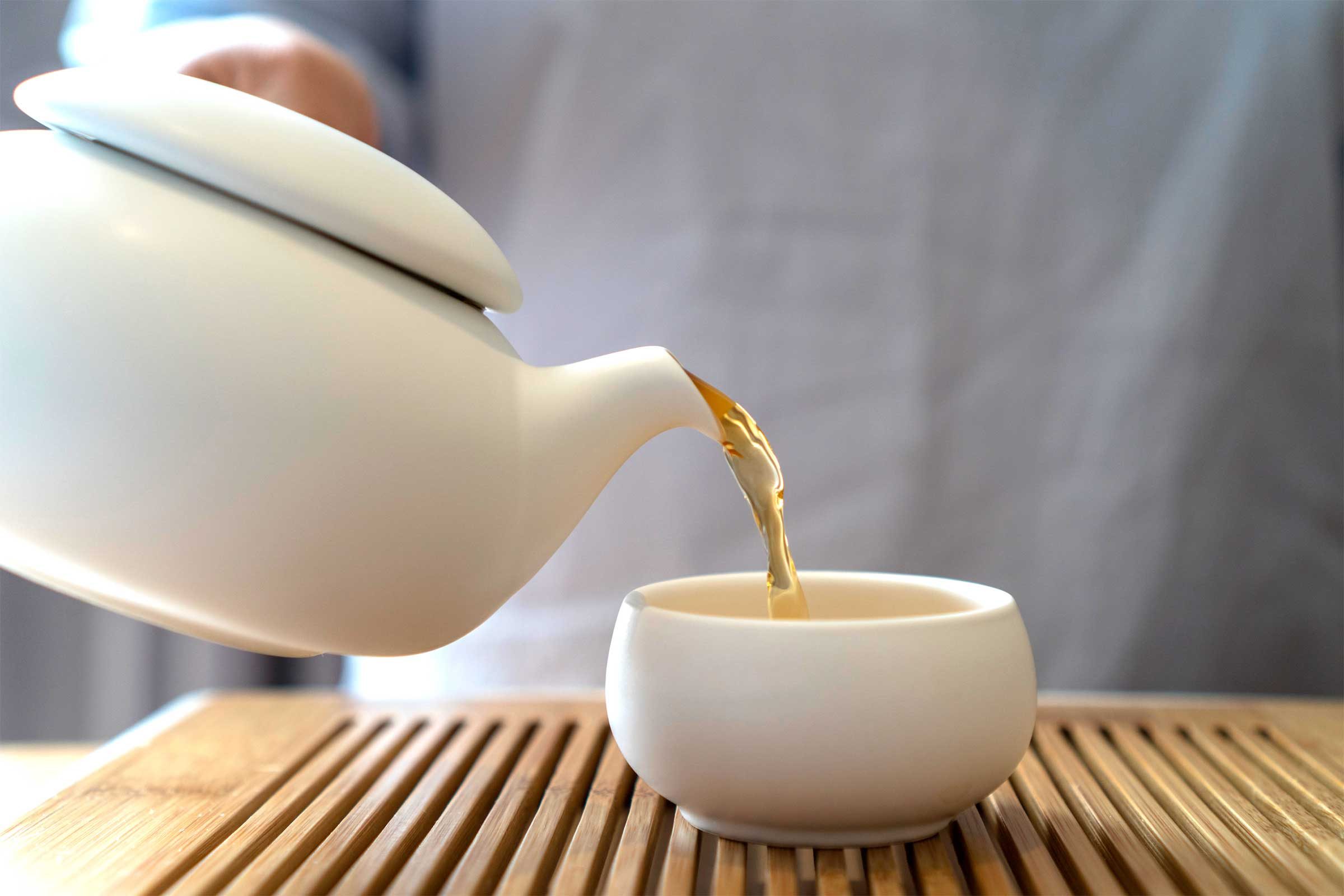 |
These weight-loss tea leaves are partially
oxidized (black teas, for instance, are fully oxidized), lending a
smooth, but bold taste to the brew. Happily, they also help boost your
body’s ability to metabolize fats, reports a 2009 study from Chinese
researchers. When obese and overweight participants consumed oolong for
six weeks about two-thirds lost more than 2.2 pounds and 12 percent
belly fat. Bonus: They ended the study with healthier cholesterol and
triglyceride scores, all adding up to a stronger ticker. (Here are 23 tricks to flatten your belly without exercise.)
Black tea: may block fat absorption
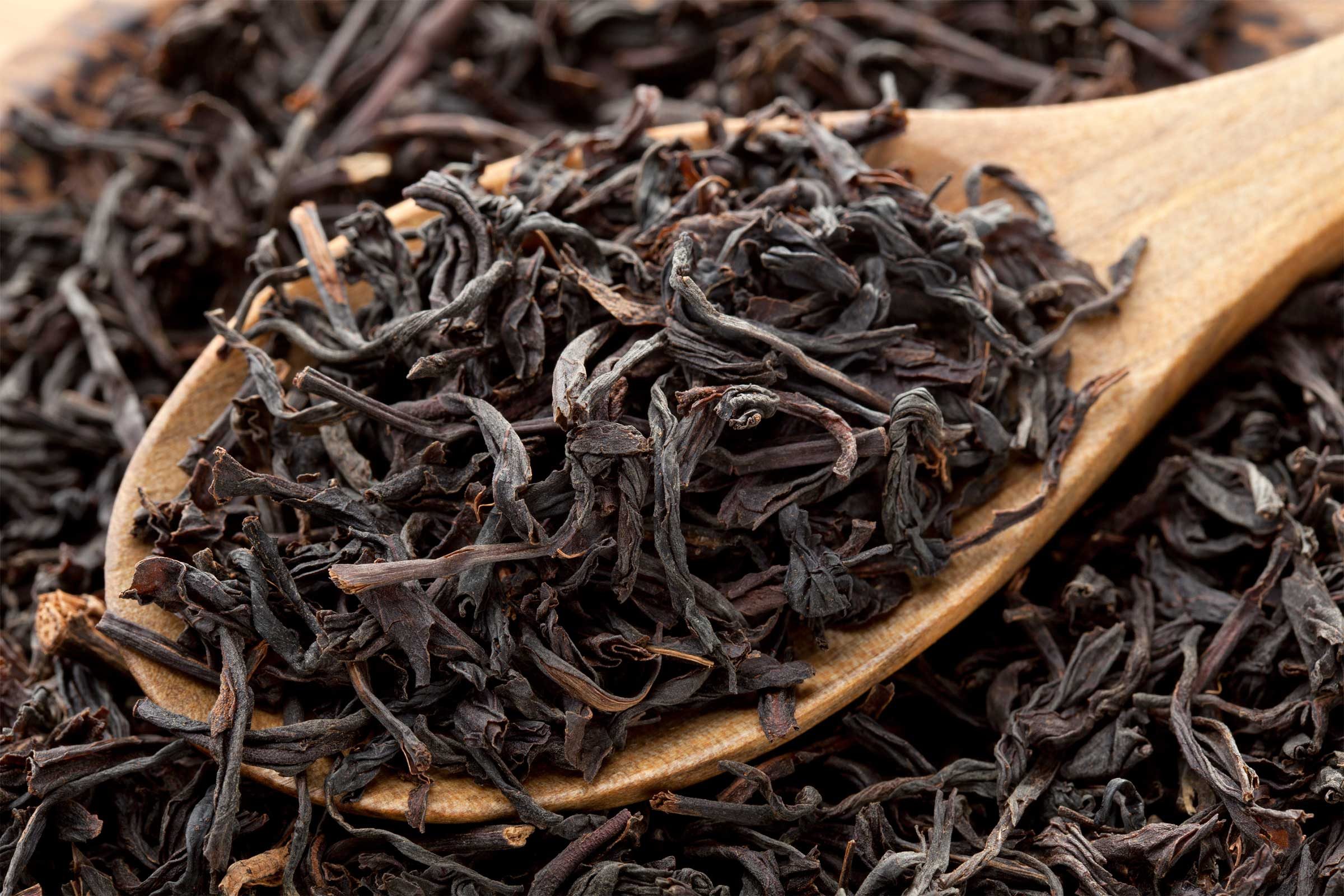 |
It’s likely the weight-loss tea that you’re
most familiar with—and one that’s been shown to be protective against
diabetes. When scientists look at black tea extract in animal studies,
they find that black tea can help prevent weight gain when eating a
high-fat diet, possibly because it blocks fat absorption during
digestion. Of course, the research is preliminary, but black tea
contains plant compounds called polyphenols—namely theaflavins and
thearubigans—that may be responsible for the fat-blocking benefits.
(Here's more proof that black tea is jam-packed full of health benefits from a new study.)
Peppermint tea: scent may quash hunger
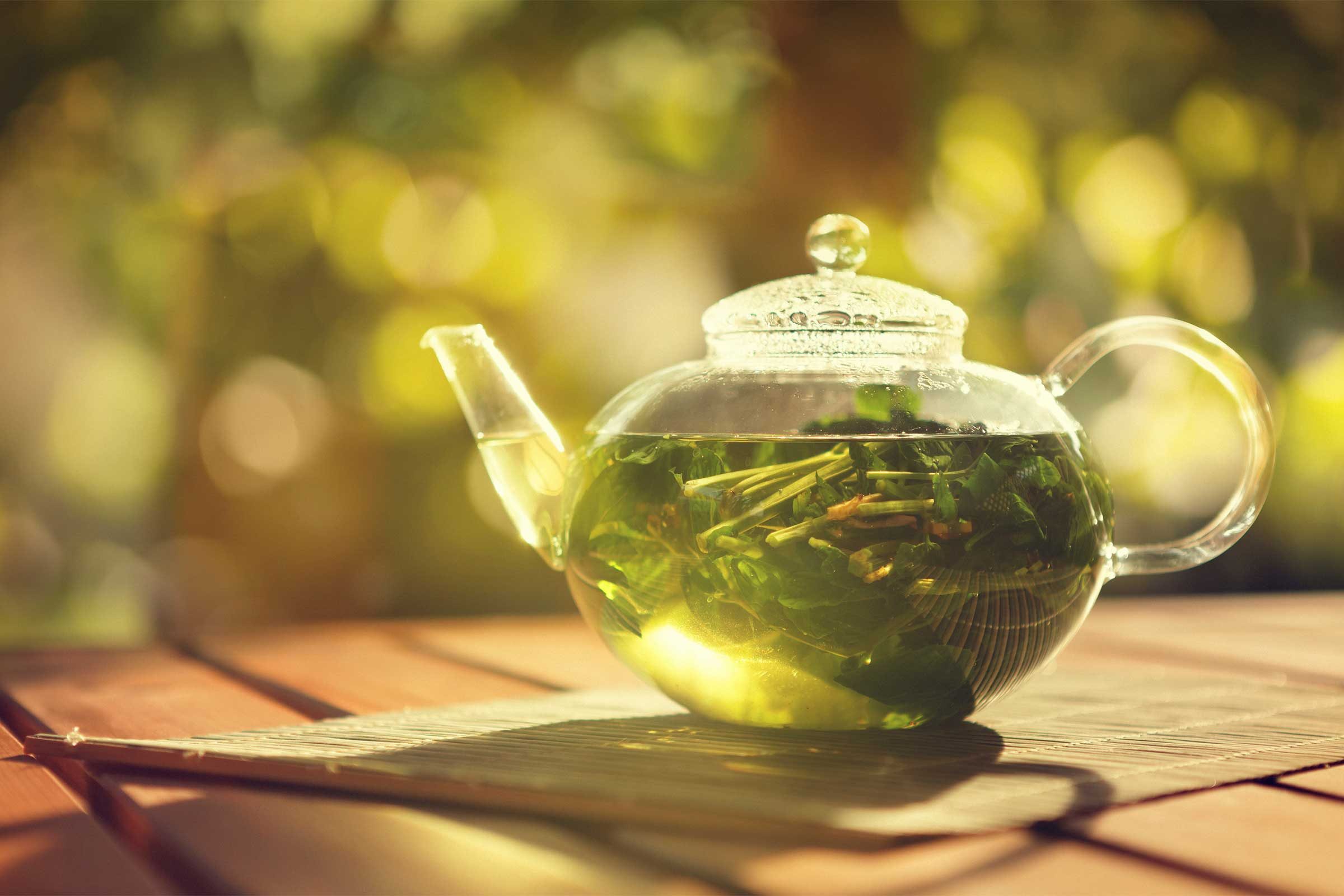 |
When you go to drink this weight-loss tea, give
it a good, long sniff. Preliminary research from Wheeling Jesuit
University found that people who inhaled the fresh, minty scent every
two hours for five days ate fewer calories and sugar. It appears the
scent is a powerful—and yummy—way to quash hunger. Luckily, unlike
peppermint candies, peppermint tea is one calorie-free indulgence. (Sniffing these foods could help you slim down.)
[post_ads_2]
Matcha tea: packed with ECGC
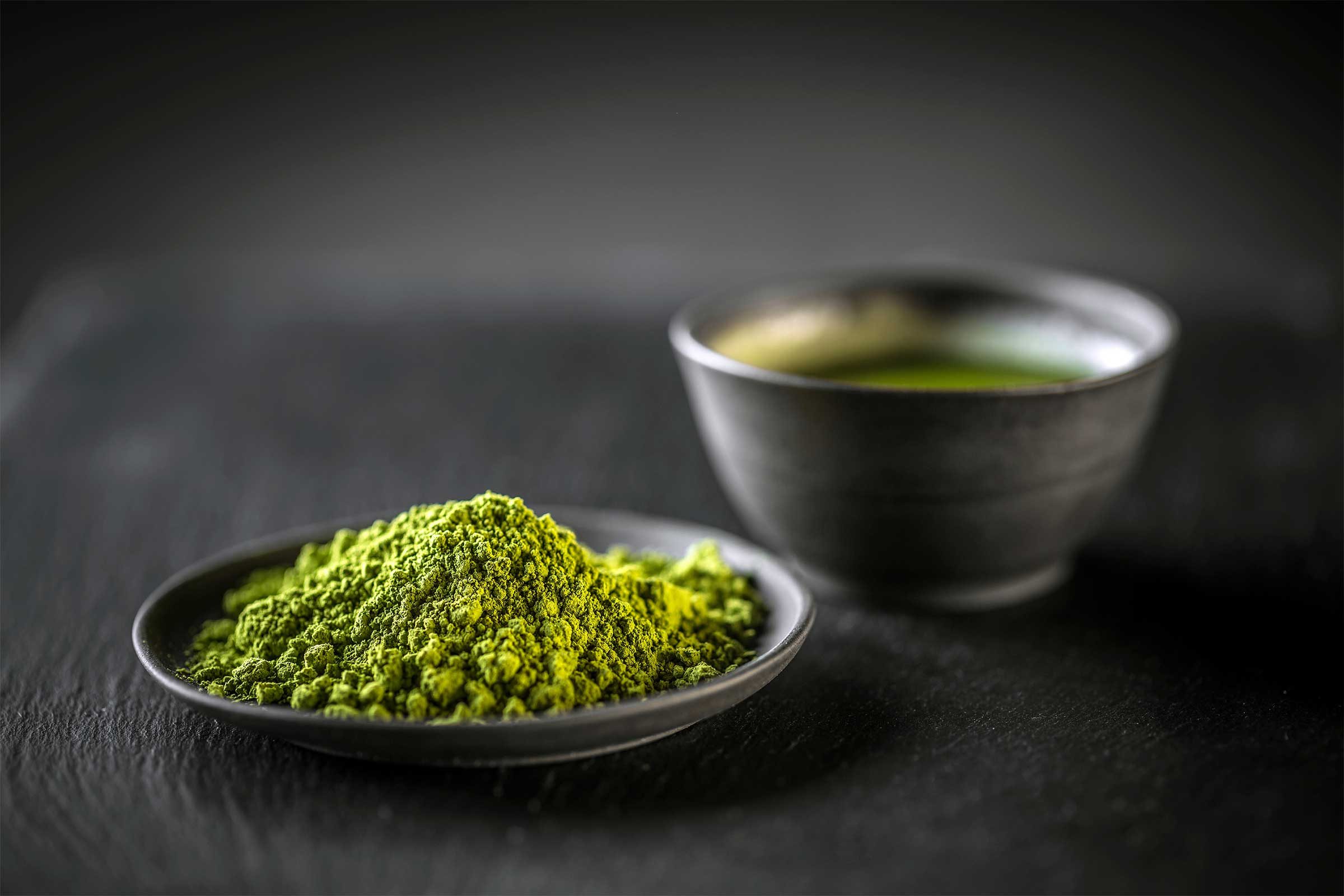 |
Made from pulverized green tea leaves, you stir
matcha into hot water. Therefore, you consume the whole tea leaf. For
that reason, you get a bigger dose of ECGC. One study from the
University of Colorado at Colorado Springs compared the two and found
that drinking matcha delivered 137 times the metabolism-revving ECGC
compared to traditional green tea. One tip: if you find matcha to be too
bitter on its own, foam it into milk and stir with honey for a
delicious matcha latte. (If you need some more convincing, here's some more information on how incredible matcha is as a weight-loss tea.)
Ginger tea: reduce hunger and increase satiety
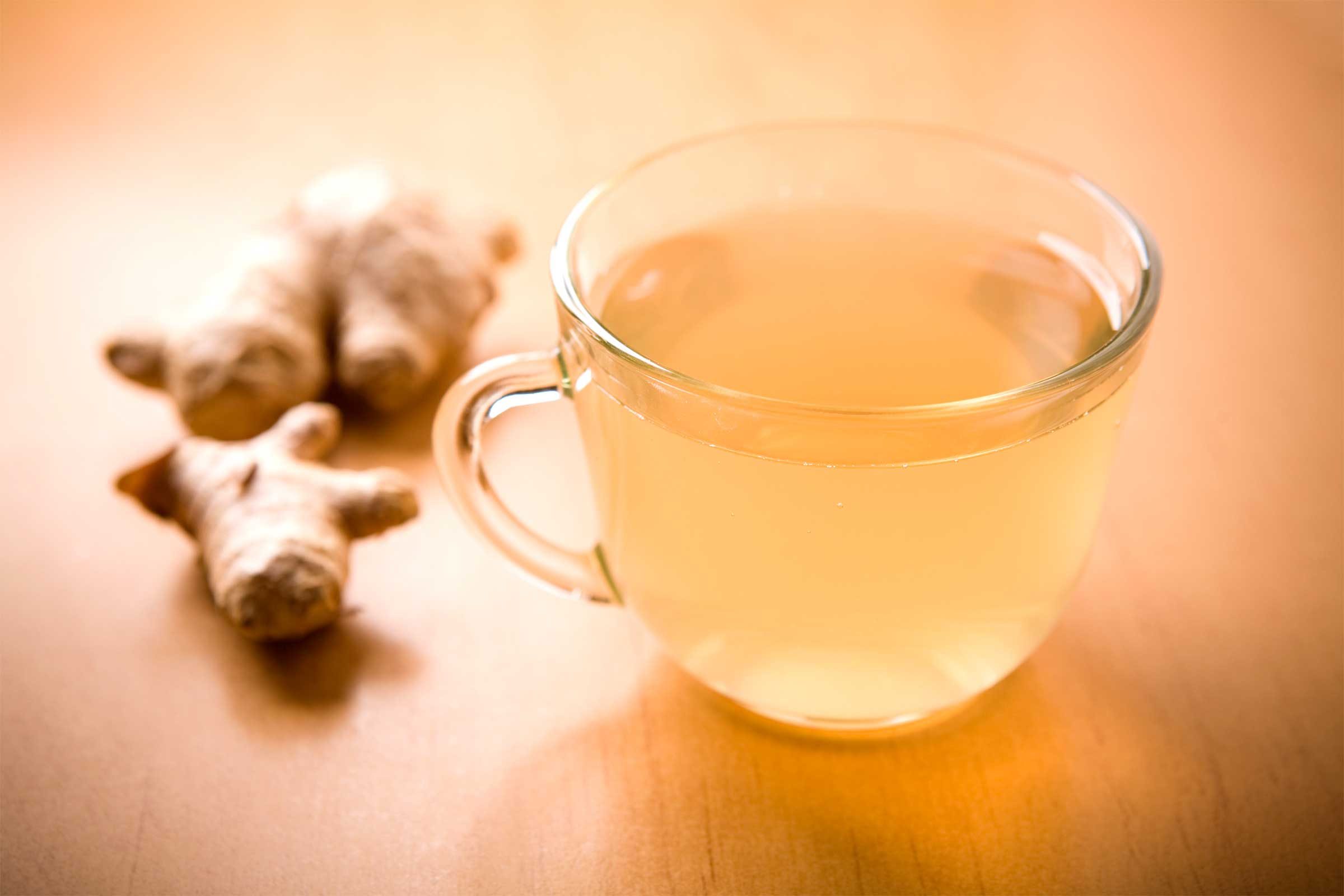 |
When you’re in the mood for a spicy kick, make
ginger your go-to weight-loss tea. Eating the zesty rhizome on its own
has been found to reduce inflammation and better your blood pressure. In
a small study in the journal Metabolism, subjects who drank a ginger beverage with breakfast reported lower hunger and greater satiety. (Always hungry? Here are 8 reasons you can't stop eating.)
Fennel tea: helps you slim down while you sleep
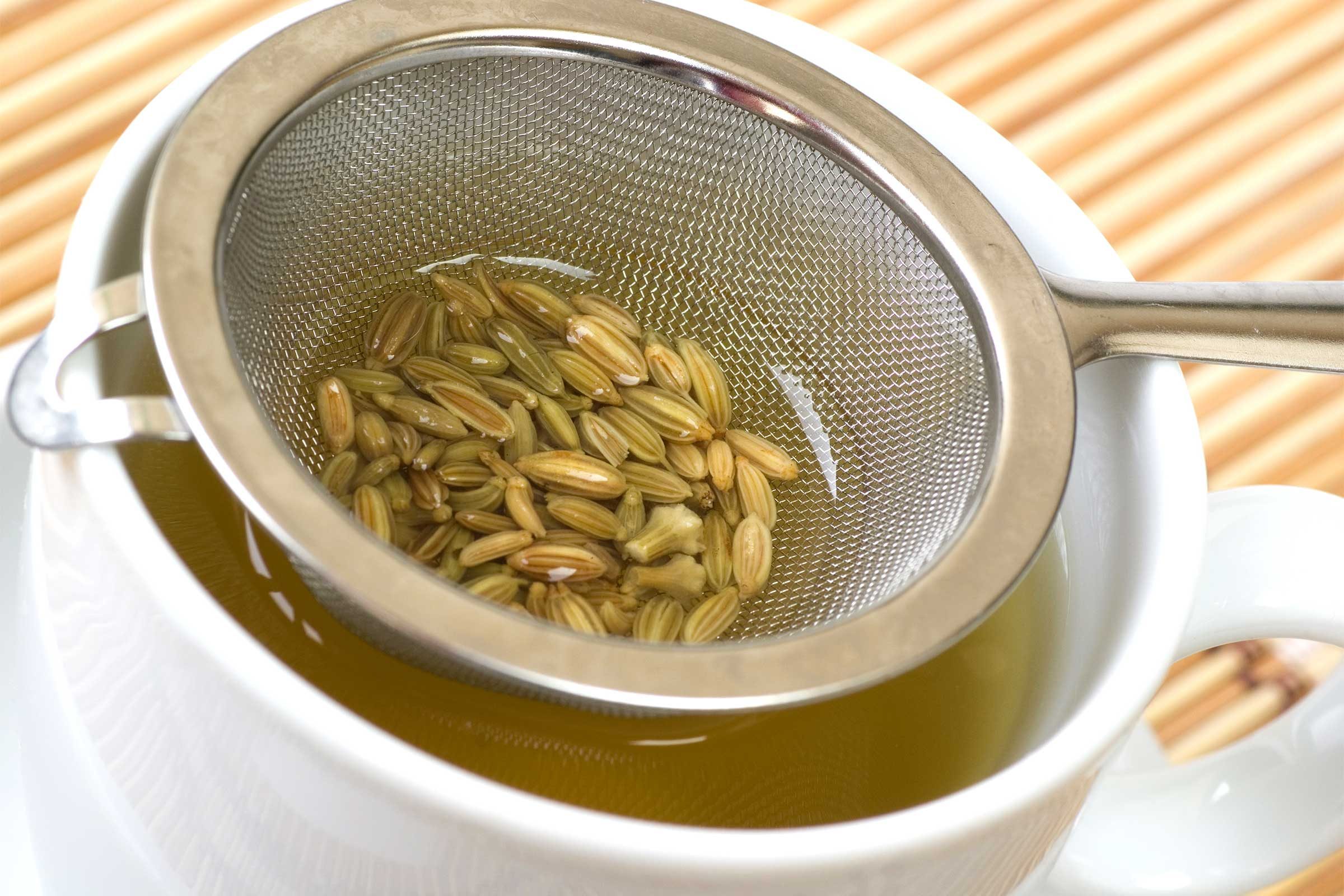 |
Some foods, like fennel, increase levels of
melatonin in your body, a hormone that helps you drift off at night—and
per University of Granada research—may help buffer weight gain and lessen heart disease risk
in healthy people. Truth: you might not find fennel tea to be palatable
on its own, particularly if you’re not a licorice fan. You can buy
mixed weight-loss teas like this one from Celestial Organics, which combines peppermint and fennel. (Besides this weight-loss tea, we bet you didn't know these essential oils promote weight loss, too!)
Chamomile tea: quells anxiety
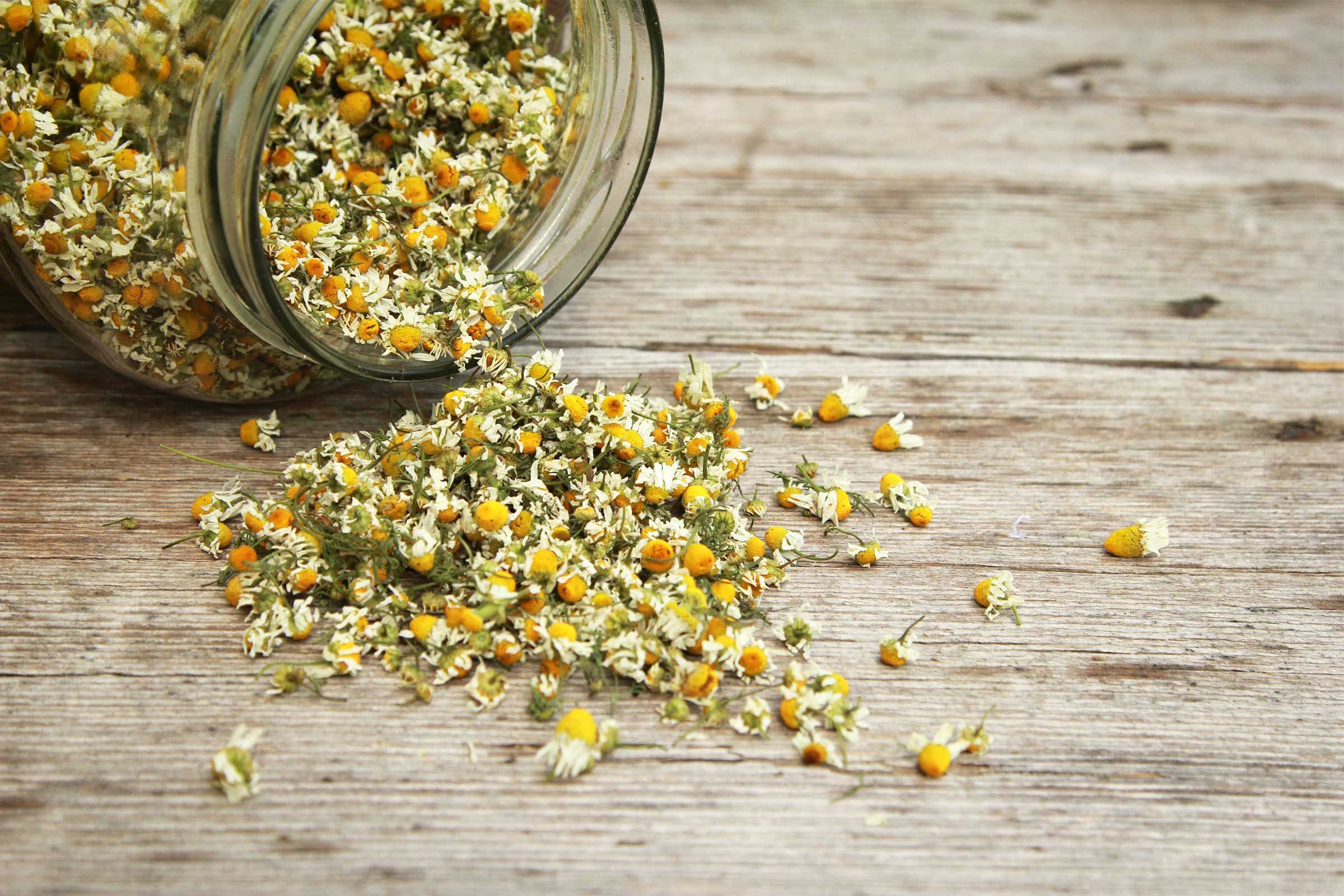 |
There are a few reasons you might hear sleep
experts tell you to have a cup of this weight-loss tea before bed. For
one, chamomile can make for an especially soothing part of your
wind-down time, which cues your brain and body that you’re ready for
sleep. Two, the herbal is caffeine-free, so it won’t keep you up. And
three, chamomile has particular medicinal qualities from flavonoids
called apigenin that calm nervous system activity to help you drift off
without worry. Considering that a full night’s sleep promotes a healthy
weight, this is one good-for-your waistline habit you should get behind.
(Check out these tips to lose weight while you sleep.)





















